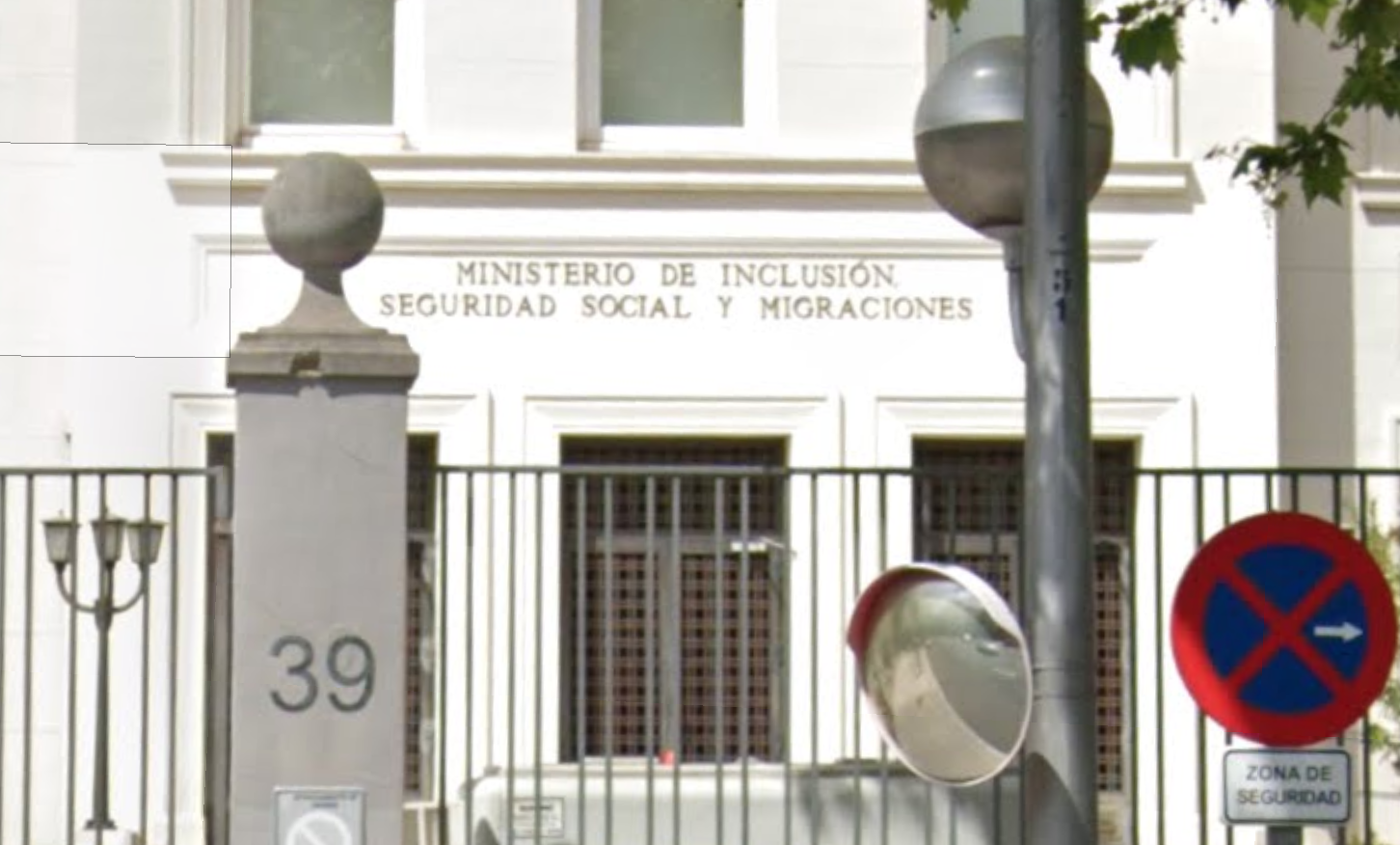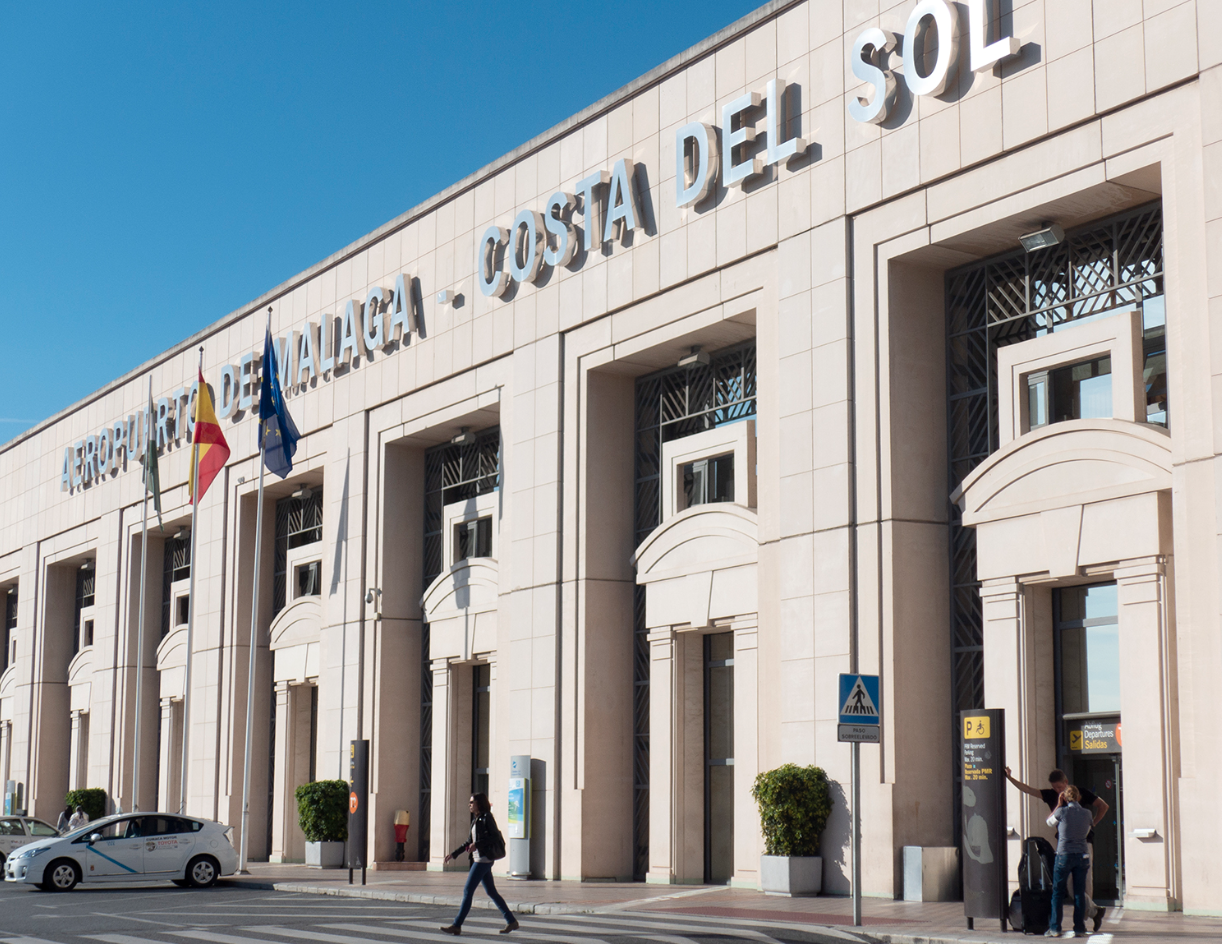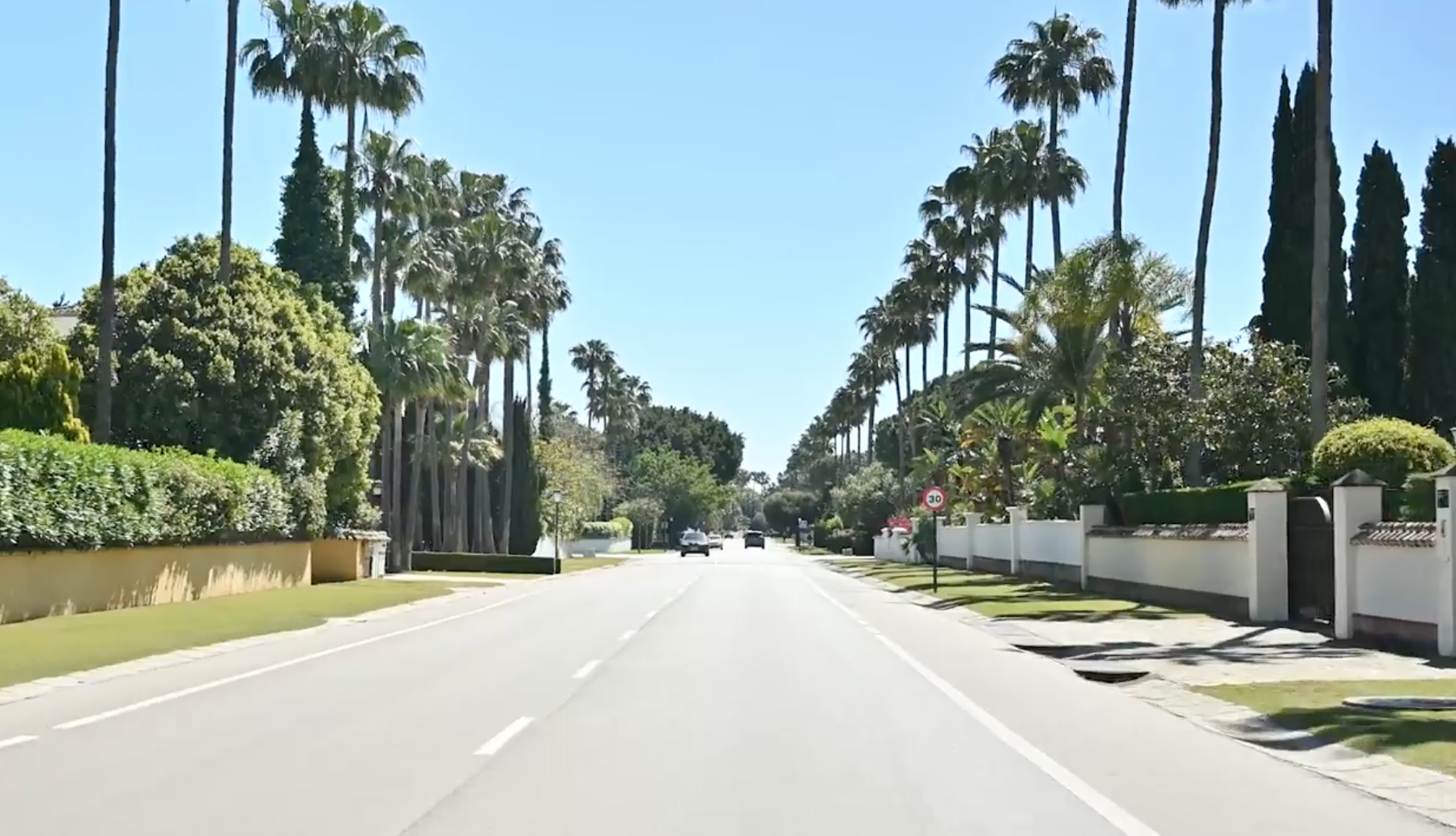Understanding the Wealth and Solidarity Tax in Spain
If your net worth in Spain is under €4 million, you generally don’t need to worry about these taxes. The Spanish Wealth and Solidarity Taxes only apply to high-net-worth individuals, and Andalucia and Madrid have eliminated their regional Wealth Taxes entirely. However, for those considering very high-end properties, understanding how these taxes work and how to structure your assets effectively is key.
1. Wealth Tax in Andalucia and Madrid
Spain’s Wealth Tax (Impuesto sobre el Patrimonio) applies to individuals with significant assets. However, Andalucia and Madrid have eliminated their regional Wealth Taxes by applying a 100% tax relief. This means residents in these regions do not pay the standard Wealth Tax.
2. The Solidarity Tax on Large Fortunes
In response to regional tax cuts, the Spanish government introduced the Solidarity Tax on Large Fortunes in 2022. This is a national tax that applies to high-net-worth individuals regardless of the region they live in. The tax applies to net assets over €3 million and is progressive:
- €3,000,000 to €5,347,998 – 1.7%
- €5,347,998 to €10,695,996 – 2.1%
- Above €10,695,996 – 3.5%
3. Exemptions and Thresholds
Spain provides exemptions that adjust the effective taxable threshold:
- Non-Residents: Only assets located in Spain are taxed. The first €700,000 is exempt, meaning non-residents pay the Solidarity Tax on net assets above €3.7 million.
- Residents: Spanish tax residents are taxed on worldwide assets. However, they benefit from a €700,000 personal exemption and an additional €300,000 exemption for their primary residence, bringing the effective tax threshold to €4 million.
4. How Is Property Value Assessed for Tax Purposes?
For the purposes of Wealth and Solidarity Taxes, property value is determined using the highest of the following three values:
- Cadastral Value (Valor Catastral) – This is an officially assessed value used for local property taxes (IBI). It is generally lower than market value.
- Declared Purchase Price – The value declared when the property was acquired.
- Market Value – The price the property could reasonably fetch in an open market transaction.
The tax authorities use the highest of these values when assessing Wealth and Solidarity Tax liabilities. Unlike in the U.S., where property tax assessments are regularly updated, the cadastral value in Spain does not change frequently, but it can be revised by the government periodically.
5. Does the Property Get Reassessed?
If you purchase a property for €10 million and its market value increases over time, the taxable value may increase only if the government revises the cadastral value or if you declare a higher value in a property transaction (e.g., sale or inheritance). However, routine reassessments based on market value alone are not common in Spain. The key factors influencing reassessment include:
- Cadastral Revisions: The government periodically updates cadastral values, but these increases are typically moderate.
- Declared Value in Transactions: If you sell the property or transfer it in a taxable event, the new declared price could affect future tax assessments.
- Tax Authority Review: If authorities believe the market value is significantly higher than the declared or cadastral value, they may adjust their assessment.
6. What If You Own a €10 Million Property?
If you are a non-resident with a €10 million property in Spain:
- The first €3.7 million is exempt.
- The next €1.65 million is taxed at 1.7% = €28,050
- The next €4.65 million is taxed at 2.1% = €97,650
- Total Solidarity Tax = ~€125,700 per year
While this tax may seem significant, it is important to put it into context. The effective tax rate on a €10 million property is only about 1.257%, which is actually lower than property taxes in some U.S. states. For example, California’s average property tax rate is around 1.25%, meaning Spain’s Solidarity Tax is roughly comparable or less than property tax in many U.S. states like California, New York, or Texas.
7. Can You Reduce the Tax?
There are some strategies to reduce liability:
- Mortgages: Tax is based on net wealth, so a mortgage reduces taxable value.
- Corporate ownership: Holding property through a company might provide tax benefits, but recent laws have closed many loopholes.
- Residency planning: Becoming a resident changes tax obligations, so it’s important to plan accordingly.
8. The 60% Rule
For Spanish tax residents, the 60% rule ensures that the total combined liability from Wealth Tax, Solidarity Tax, and Income Tax (IRPF) cannot exceed 60% of taxable income.
For non-residents, this rule does not apply.
Final Thoughts
If you are considering a high-end property in Spain, consulting with a Spanish tax professional is essential. The right ownership structure can help you navigate tax obligations and optimize your Spanish assets under Spanish law. Planning ahead can make a significant difference in how your wealth is taxed and preserved over time. You may also find that Andalucia, like Madrid, has some of the most advantageous tax laws in Spain for buyers, making just one more reason to choose the Costa del Sol for your Spanish real estate purchase.
More blog posts
Keep in touch
"*" indicates required fields


























